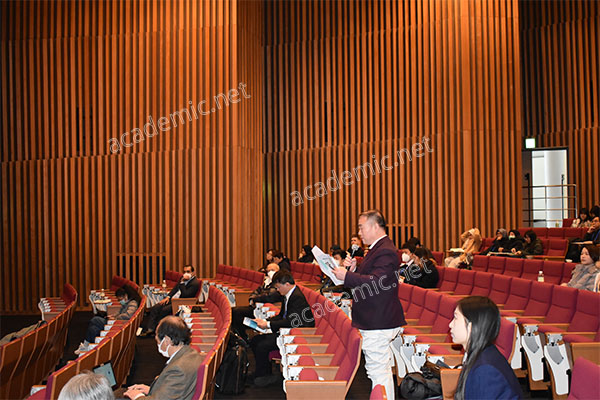How to Write an Effective Abstract for IEEE Conference Papers
1. Importance of the Abstract in IEEE Conference Papers
The abstract is a critical component of your IEEE conference paper. It provides the first impression of your research, and it is often the deciding factor for reviewers during the initial screening process. A well-written abstract should clearly summarize the key elements of your paper, engaging readers and encouraging them to read the full submission.

2. IEEE Conference Abstract Structure
An IEEE conference abstract should generally follow a structured format that reflects the content and contributions of your paper. It is typically between 150-250 words and should include the following essential components:
- Background/Problem Statement: Briefly introduce the problem or research question your paper addresses. This helps the reader understand the context and importance of your study.
- Objective/Purpose: Clearly state the main objective of your research, highlighting what you aim to achieve.
- Methodology: Describe the approach or methodology you used to solve the problem or investigate the research question.
- Results/Findings: Summarize the key findings or results of your research. Include any important data or trends that support your conclusions.
- Conclusion: Briefly state the significance of your findings and their potential implications for the field.
3. Tips for Writing an IEEE Conference Abstract
- Be Concise and Clear: IEEE abstracts are typically short, so every word counts. Avoid unnecessary jargon and ensure that each sentence contributes valuable information.
- Avoid Technical Details: While it's important to mention your methodology and results, an abstract should not include overly technical details. Keep the focus on the overall approach and key findings.
- Use Active Voice: Use active voice to make your writing more direct and engaging. For example, instead of "The solution was tested," write "We tested the solution."
- Highlight the Innovation: Emphasize the novelty of your research and its contribution to the field. What makes your work stand out from previous research?
- Tailor to the Audience: Keep in mind that the abstract will be read by researchers from a variety of backgrounds. Avoid overly specialized language and ensure your abstract is accessible to a broad audience.
4. Common Mistakes to Avoid
- Being Too Vague: Avoid vague statements like "This paper discusses a new approach." Be specific about the research problem, methodology, and findings.
- Including Unnecessary Information: The abstract should not include citations, references, or detailed background information. Keep it focused on the essentials of your study.
- Overloading with Details: While it's important to mention key findings, avoid overwhelming the reader with excessive data or technical details.
- Exceeding Word Limits: IEEE conference abstracts usually have word limits (often 150-250 words). Ensure that your abstract falls within this range to avoid rejection.
5. Example of a Well-Written IEEE Conference Abstract
Background: With the rapid advancement of machine learning, predicting stock market trends has become a critical task.
Objective: This study aims to develop a new algorithm for predicting stock market trends using deep learning techniques.
Methodology: We applied a convolutional neural network (CNN) model trained on historical stock data to predict future trends.
Results: Our model outperformed traditional methods by achieving a 15% higher prediction accuracy in backtesting.
Conclusion: The results demonstrate that deep learning techniques, specifically CNNs, can significantly improve stock market trend predictions, offering valuable insights for financial decision-making.
6. Final Steps Before Submission
Before submitting your abstract to an IEEE conference, ensure that:
- It accurately reflects the content and findings of your full paper.
- It adheres to the conference’s specific guidelines and formatting requirements.
- It is free from grammatical errors and awkward phrasing. Consider using academic editing services for a polished final version.
7. Get More Tips on Academic Writing
To further refine your abstract and learn more about writing high-quality conference papers, visit academic.net. Our platform offers a wealth of resources for researchers, helping you improve your academic writing and boost your chances of success in IEEE conferences.
